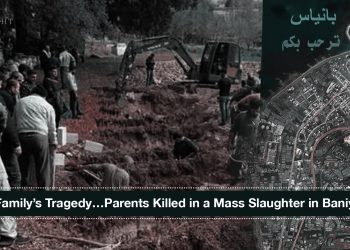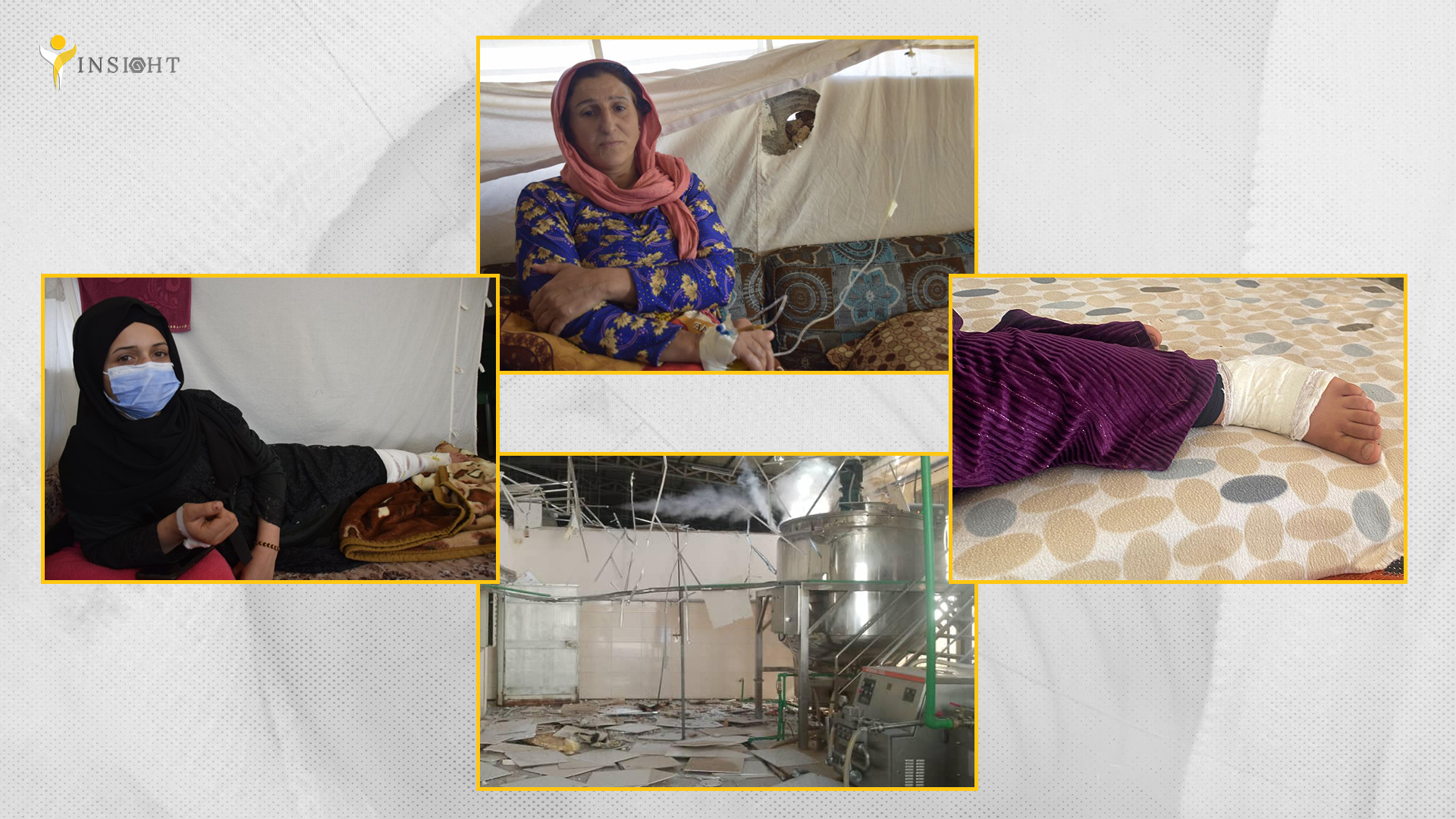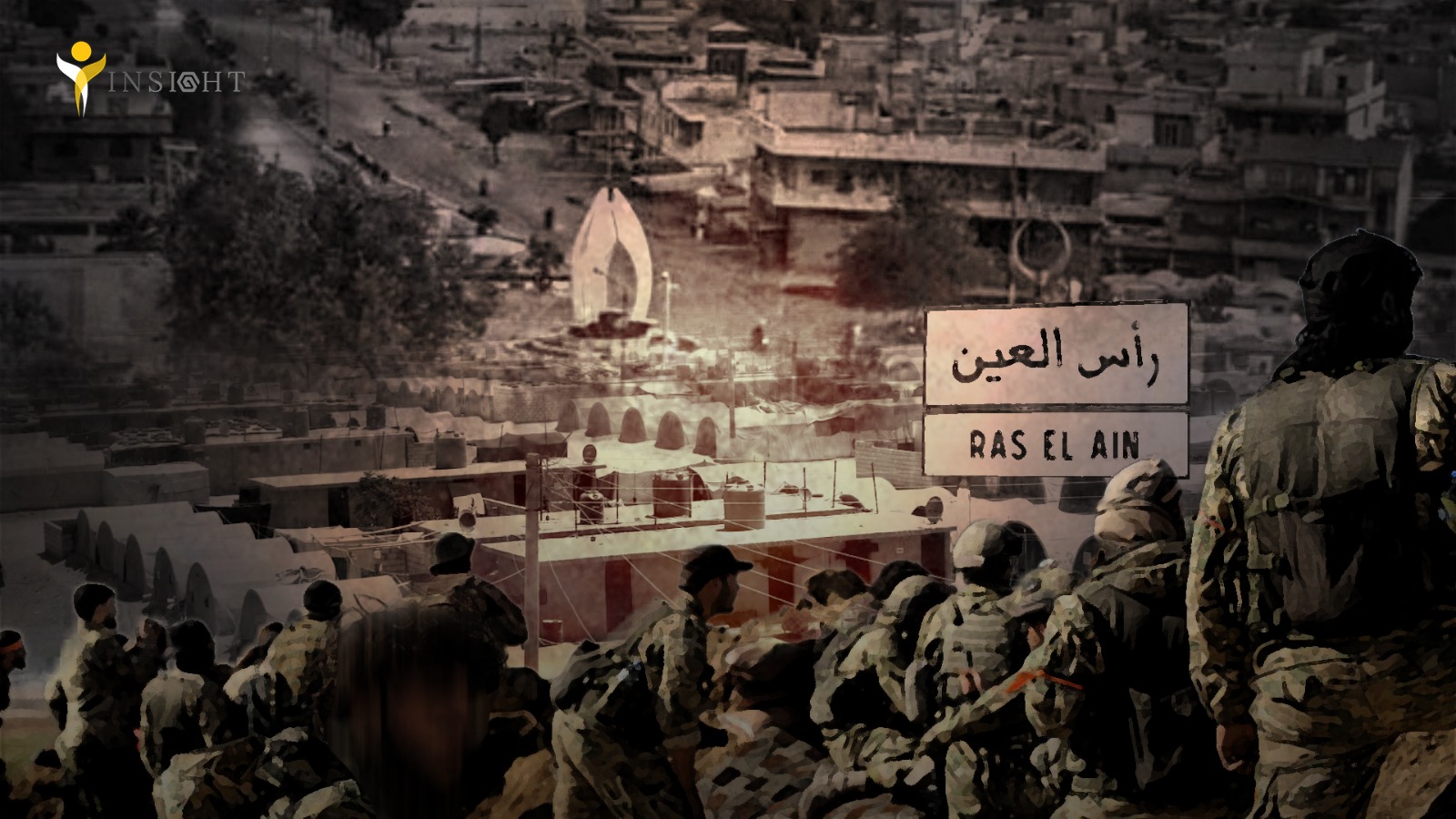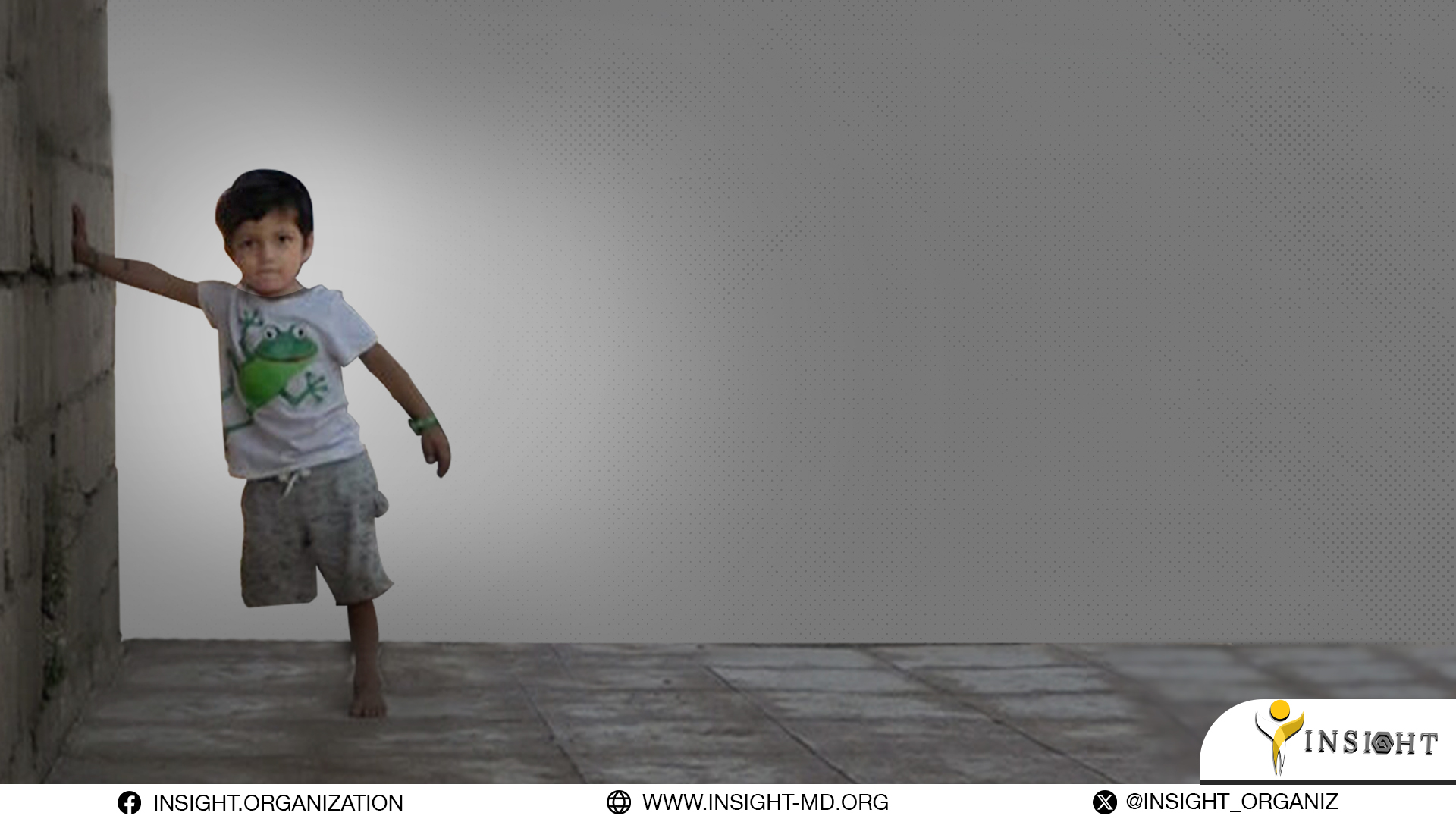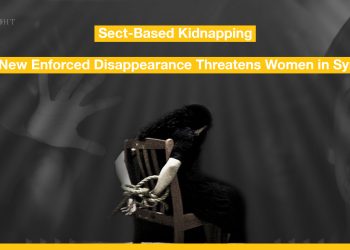This case study shows the continuing threat of arrest against a nurse in Daraa, south Syria, which hinders him and others from returning back to their jobs and restricts their movement, despite the settlement he made with the Syrian government in 2018.
Does this consider as a violation of this nurse’s rights? Are there any legal means to regain his right to work and move?
Rejected requests
Khaled Ayoub, 36, a pseudonym, from Daraa in south Syria, face Syrian government’s rejection to reinstate him in the state sector, and the threat of arrest prevents him from leaving his neighborhood, despite the settlement he made with the Syrian government in 2018.
The young man, who works in health sector, applied to return to his job three times, last attempt was in 2022, but all were rejected. He was also threatened of arrest by a government’s security agency if he received approval and returned to work.
Khaled said: “I avoid going to work places in the city as I am afraid of being arrested by government’s security agencies based there. I rely on temporary job opportunities, like providing care for patients at their homes or assisting doctors and pharmacists in countryside and suburbs.”
Article 38 of the Syrian Constitution states “every citizen shall have the right to move in or leave the territory of the state, unless prevented by a decision from the competent court or the public prosecution office or in accordance with the laws of public health and safety.”
Article 40 states “work shall be a right and a duty for every citizen, and the state shall endeavor to provide for all citizens”.
Article 13 of The Universal Declaration of Human Rights states “Everyone has the right to freedom of movement and residence within the borders of each state.”
These restrictions on Khaled not only deprived him of his rights to work and movement, but also made him unable to provide a decent life for himself, his two kids and wife, which is one of their basic rights according to the second paragraph of article 7 of International Covenant on Economic, Social and Cultural Rights, that ratified by Syria, on January 3rd, 1976.
Despite the decrease in the value of the governmental monthly salary after the significant collapse of the Syrian pound during the years of conflict, Khaled’s return to his work might be an indication he will not be pursued by the security, and will allow him to freedom of movement and search additional work.
“I am not guilty”
Khaled was an employee in a government health center when the protests began in 2011, which later turned to be an armed conflict.
For many times, the security forces used the bullets to disperse the demonstrators and stop the protests, which caused the injure and killing of many people.
Daraa has gained symbolic status to opposition fighters as the “cradle of the revolution”, and to the Syrian government for being located south of the capital Damascus and close to the border of both Jordan and Israel.
In the beginning, the opposition forces relied on doctors and nurses to treat their injured members and civilians outside the official hospitals, and later they formed a medical team under the name “field hospitals”.
The nurse Khaled continued to go to the government health center although being afraid of arrest, but he stopped after he confirmed that his name was listed with the wanted people.
He continued to work in oppositions’ field hospitals, to provide care for the injured in absence of medical devices and experienced staff, while dismissal decisions were issued collectively or through the directors of the institutions and employees’ salary certifiers.
He said that thinking about the career was not possible at a time when he saw innocent people and civilians shot down by security agents.
Security situation in neighborhoods and fears of arrest also restrict his movement within Daraa, which remained under the control of opposition forces until 2018, when government forces entered.
Under the Syrian Law on the Basic Workers’ System of the State, leaving work is Instantaneous crime. The statute of limitations for this crime is three years. Most of Syria’s amnesty laws include leaving work, one of them was issued in 2023.
From the security aspect, Khaled thinks that depriving him from work and movement is not fair, he did not commit guilt, he said he fulfilled “a human duty” by healing people’s wounds, including women and children.
The ceasefire agreement between the government and the opposition stipulated on the entry of Russian military police and government forces into Daraa, the opening of a center to settle wanted persons, the release of detainees, the fate of missing persons and the return of services to Daraa.
Khaled got a settlement card after being accused of helping “terrorists” medically within field hospitals.
The promises were that he would not be arrested after the settlement, while those required for compulsory military service would have to enroll within three months.
Constant following
The Central Committee in Daraa obtained promises from the government to return dismissed employees and students from institutions and universities after submitting the required documents with the settlement card attached.
Khaled thought that returning to his work will be a prove on the effectiveness of the settlement and a guarantee that he will not be arrested, which will allow him to overcome his fears and enjoy the freedom to work and movement.
But, he had to do temporary different jobs in limited space, his last job was an assistant to a pharmacist.
He said that there is no personal allegation against him, nor did he engage in any prohibited activity after making the settlement in 2018.
After that settlements followed in Daraa and its countryside, and some opponents of the agreements were evacuated, while others remained hopeful that the agreements sponsored by Russian forces would be implemented.
Many wanted people, who made the settlement, feel that the threat of prosecution and arrest persists, including persons who were already arrested, despite the absence of prosecutions or judicial charges against them.
Khaled knows others who live the same situation, the majority in west countryside of Daraa, they do not dare to leave their villages because of fear of arrest.
He describes it: “you can imagine our life, it’s as a big prison.”
The Syrian government has made structural and administrative adjustments to its security agencies that follow the ministry of the interior. But Khalid and the majority of those who have been violated by them believe that “the government will not change anything in its security dealings, and that security prosecutions will continue”.
What Khaled is exposed to, misuse of power by several Syrian government agencies, is a violation to his right to work, movement and safety.
According to rule 26 of Customary International Law, which states that “Punishing a person for performing medical duties compatible with medical ethics or compelling a person engaged in medical activities to perform acts contrary to medical ethics is prohibited”, Khaled must have a protective status. The threat to which he is exposed is also a violation to the protectionist status and his right to safety according to the International Bill of Human Rights.


